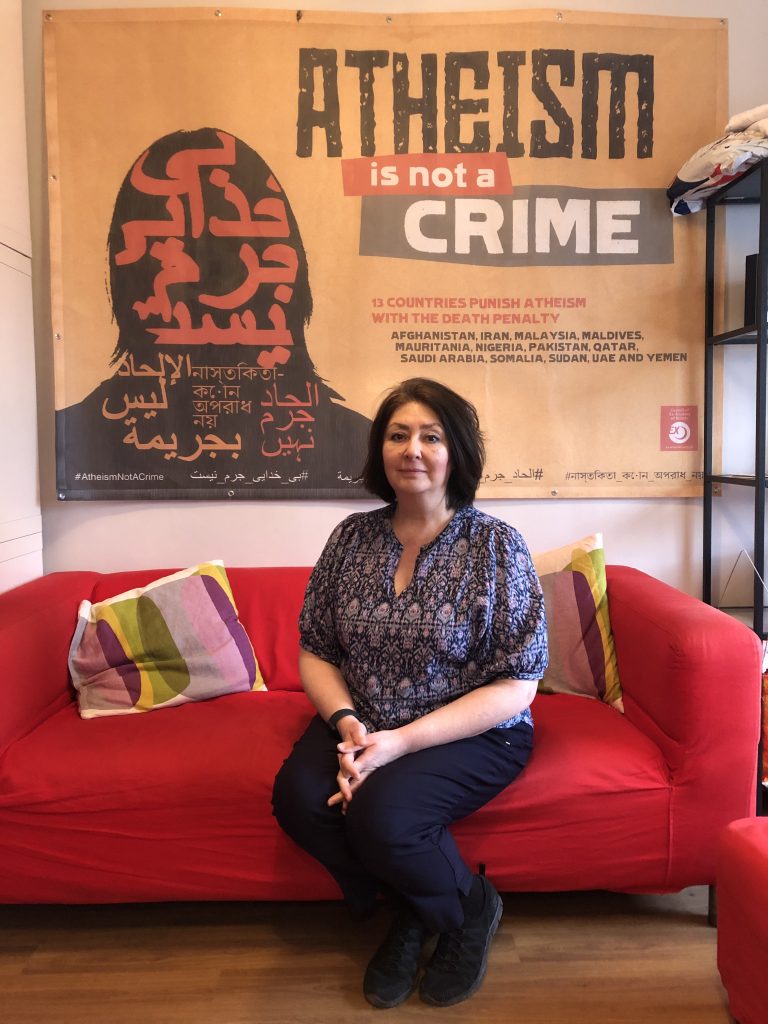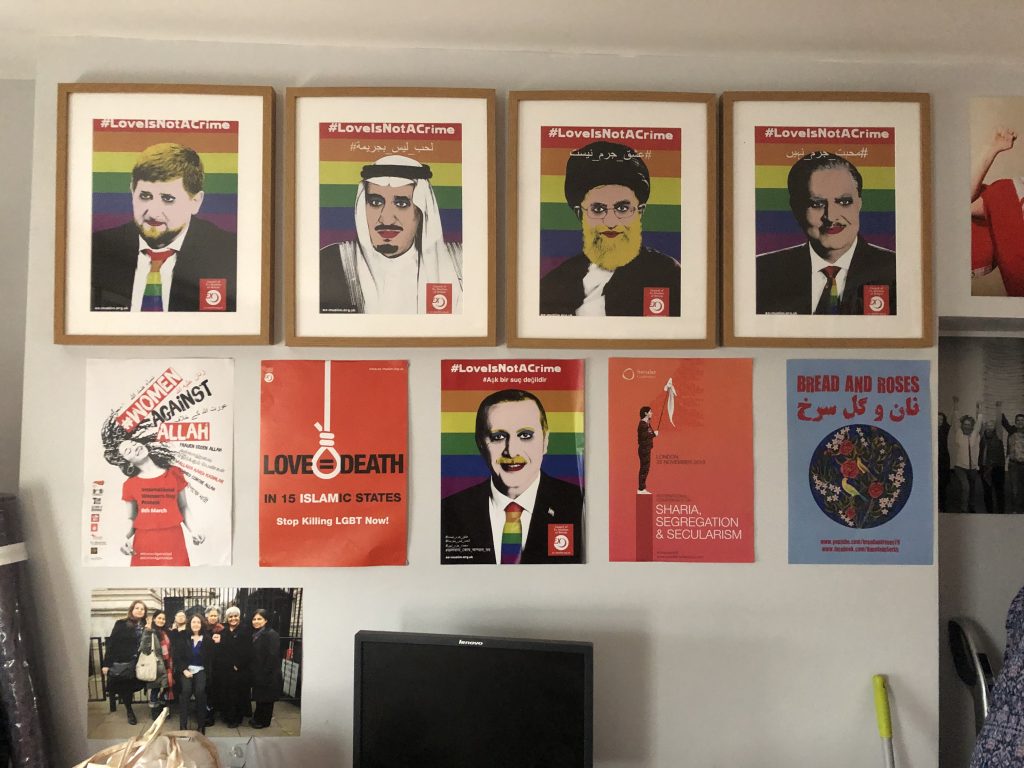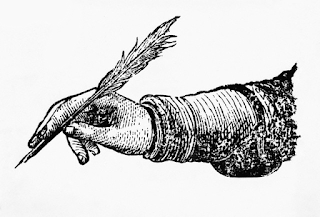Jason Michael McCann ✏ writing in Unprecedented Times last year discusses the limits of free speech.
According to the First Amendment of the Constitution of the United States (1791), ‘Congress shall make no law… abridging the freedom of speech, or of the press;’ thus securing US citizens’ right to speak their minds freely without fear of censorship or legal consequence.
According to the First Amendment of the Constitution of the United States (1791), ‘Congress shall make no law… abridging the freedom of speech, or of the press;’ thus securing US citizens’ right to speak their minds freely without fear of censorship or legal consequence.
In recent decades, this particular idea of free speech as a right has been imbued in popular belief across the entire world, thanks in large part the United States’ efforts at global cultural dominance, with the status of a universal human right. In December 1948, following the horrors of Nazi totalitarianism, the Holocaust, and the Second World War, something of this was articulated in the Universal Declaration of Human Rights (Art. XIX):
Naturally, this leads to some confusion. As the racist far-right continues to recruit support across social media and to make its presence felt on the ground in real world populist opinion and politics, its activists have vociferously taken up the fight for the protection of the right to free speech.
Everyone has the right to freedom of opinion and expression; this right includes freedom to hold opinions without interference and to seek, receive and impart information and ideas through any media and regardless of frontiers.
Naturally, this leads to some confusion. As the racist far-right continues to recruit support across social media and to make its presence felt on the ground in real world populist opinion and politics, its activists have vociferously taken up the fight for the protection of the right to free speech.
Continue Reading @ Unprecedented Times.


























